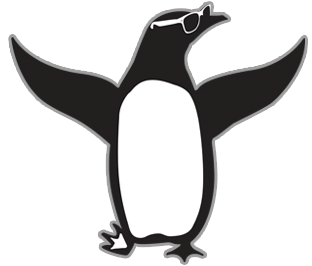ENVIRONMENT
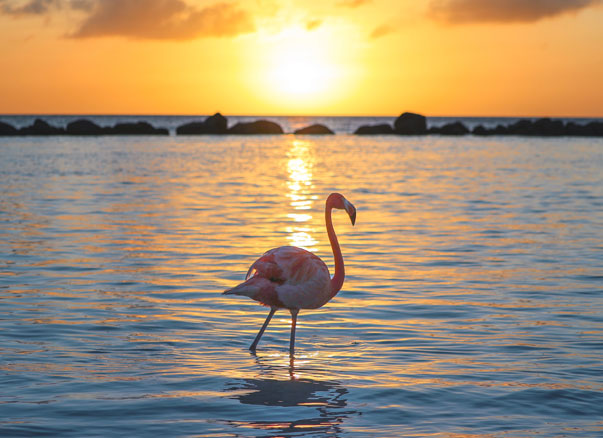
We are
preserving nature
for a better future.
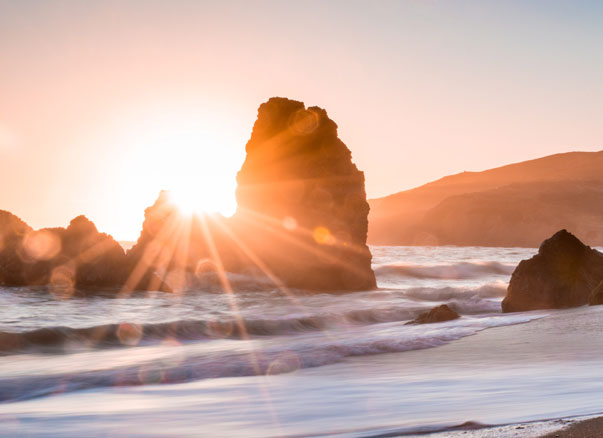
Oceans, Marine Life and Conservation of Endangered Species:
The environmental mission’s primary focus at BWAROC 4 Humanity is to protect biodiversity in all its forms, prevent pollution and abuse of the earth’s ocean, land, air, and freshwater, and promote peace.
Climate change and exposure to natural hazards threaten international efforts to eradicate poverty by 2040.
SAVE THE PLANET
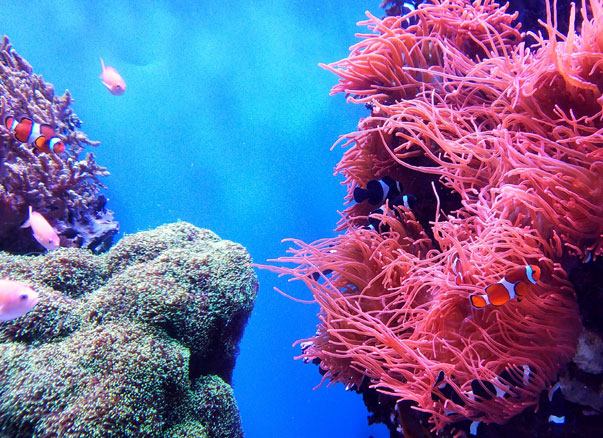
Supporting projects which emphasize protecting our marine environment
We emphasize reducing the plastic footprint to end the flow of plastic into our oceans.
BWAROC 4 Humanity organization is also engaged in addressing climate change and ocean acidification.
We place major emphasis on efforts to end significant sources of ocean pollution such as oil, mercury, aquaculture, and shipping emissions.
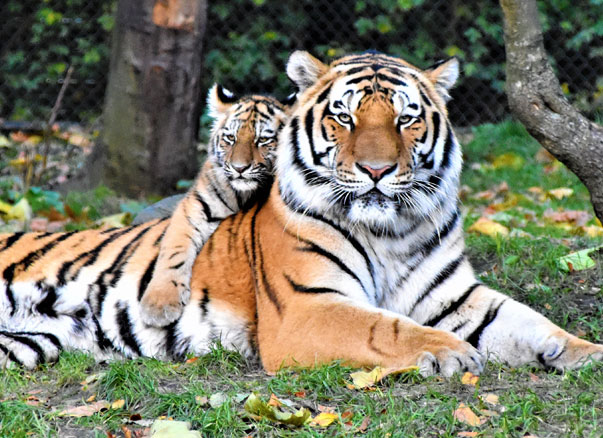
Environmental Focus Initiative
Endangered species conservation.
We’re on the brink of the largest mass extinction since the dinosaurs, and it’s a disaster of our own making.
The main modern causes of extinction are the loss and degradation of habitat (mainly deforestation), over exploitation (hunting, overfishing), invasive species, climate change, and nitrogen pollution and plastic pollution in our oceans.
WHAT THIS MEANS TO YOU:
Each time a species goes extinct, the world around us unravels a bit. The consequences are profound, not just in those places and for those species but for all of us. These are tangible consequential losses, such as crop pollination and water purification, but also financial, spiritual, and cultural ones.
SAVE THE PLANET:
The continued loss of species could cost the world 18 percent of global economic output by 2050.
Storage of food will occur as 75% -100% of the world’s food crops are partially or completely pollinated by insects and animals. The loss of pollinators could result in a decrease in seed and fruit production, leading ultimately to the extinction of many important plants.
SAVE THE PLANET and FEED THE WORLD BY 2040
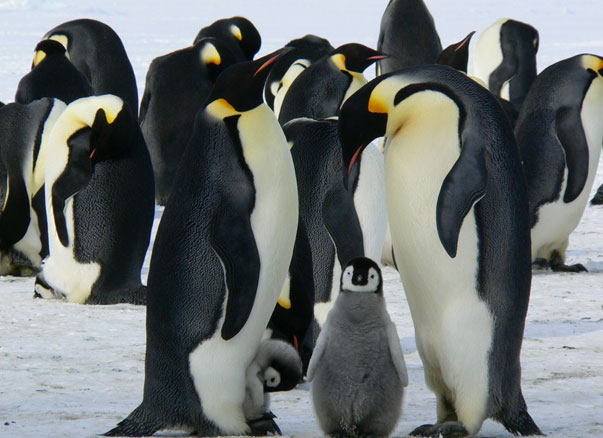
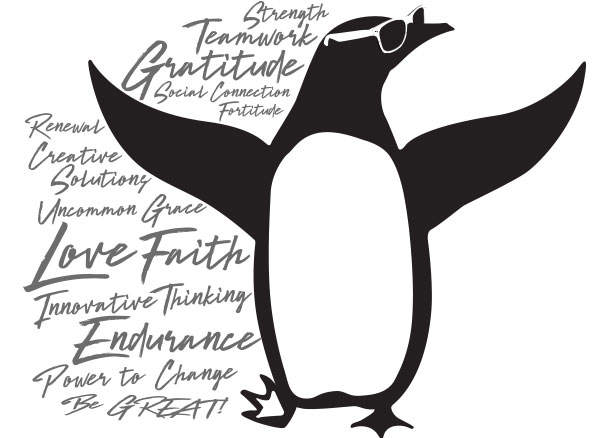
The Emperor Penguin
New population modeling by a United States study forecasts that emperor penguins will become “quasi-extinct” by 2100 if sea ice declines at projected rates. If global warming alters the patterns of ice break-out or stability, the ice may disappear before the chicks are ready to go to sea.
Due to the endangered status of the Emperor Galapagos Penguin, any conservation initiative regarding preserving this species is vital to their survival. Without continuing the conservation measures already in place, the species could be at risk of being lost.
BWAROC.org supports and donates to the formation of Marine Protected Areas and helps protect the species in the face of climate change.
Protect the Penguin:
Under current emission rates, emperor penguin population numbers will diminish slowly until about 2040. We support creating Marine Protected Areas around penguin colonies will protect schooling fish in these protected areas, reduce competition with fisheries, and result in more fish available for penguins to use as food.
Penguin populations will decline if emission rates do not decrease rapidly as sea ice coverage becomes unusable. Emperor penguins will become quasi-extinct by 2100 as 98 percent of colonies disappear. According to the IUCN Red List, their conservation status range from Least Concern to Endangered.
BWA ROC 4 Humanity mascot: PAT THE PENGUIN personifies all that is good for the world.
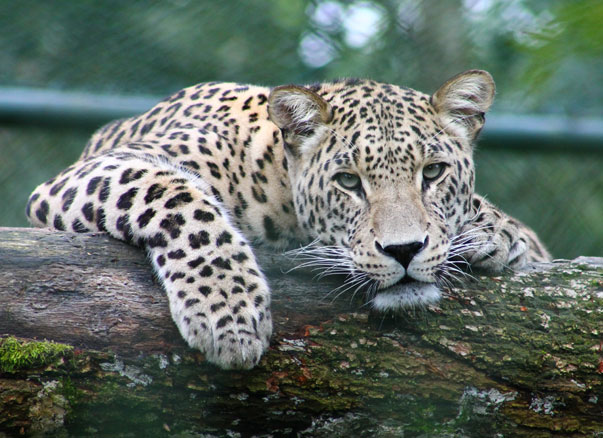
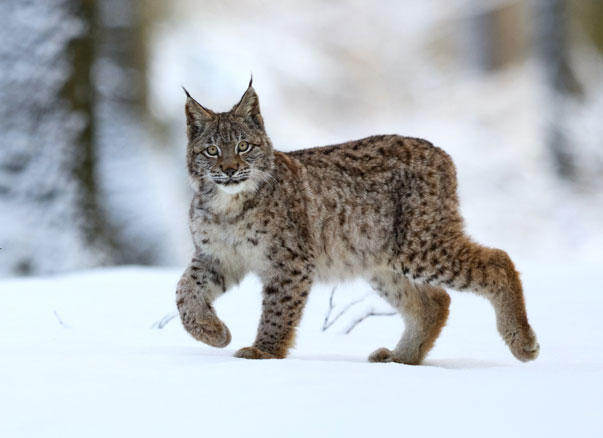
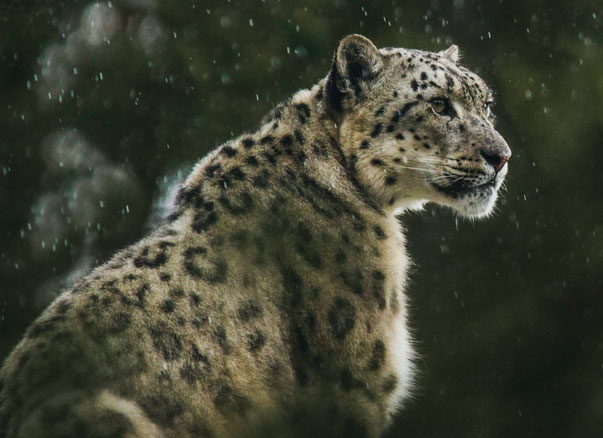
Amur Leopard
Critically Endangered.
Due to poaching and habitat loss, Amur leopards are the world’s most endangered big cats. The current wild Amur leopard population is 60-80 individuals.
“Amur leopards are teetering on the brink of extinction. With the establishment of the Land of the Leopard National Park, in conjunction with the other conservation efforts, we can now start to focus how to begin, bringing them back” Dr. Sybille Kelnzendorf, Managing Director, Species Conservation.
The Amur leopard is a subspecies native to the Primorye region of Southeastern Russia and North China. They may not be household names, but these ecosystems are vital to the health of our planet. They support an incredible range of plants and animals as well as millions of people and their communities, play a critical role in fighting climate change.
WHY THEY MATTER:
Conservation of its habitat benefits other species, including Amur tigers and prey species like deer. With the right conservation efforts, we can bring them back and ensure long-term, conservation of the region.
For the Amur leopard to survive for the long term, it needs to repopulate its former range. But for that to happen, prey populations need to recover first.
STOP POACHING AND TRADE
BWAROC.org implements programs to stop anti-poaching work in in all known leopard localities in Northeast China. Together with TRAFFIC, the world’s largest wildlife trade monitoring network, we help governments enforce domestic and international trade restrictions on Amur leopard products.
PROTECTING AMUR LEOPARD HABITAT
BWAROC 4 Humanity work includes increasing protected land, reducing illegal and unsustainable logging practices and facilitating trace between companies committed to responsible forestry practices.
STOP WILDLIFE CRIME
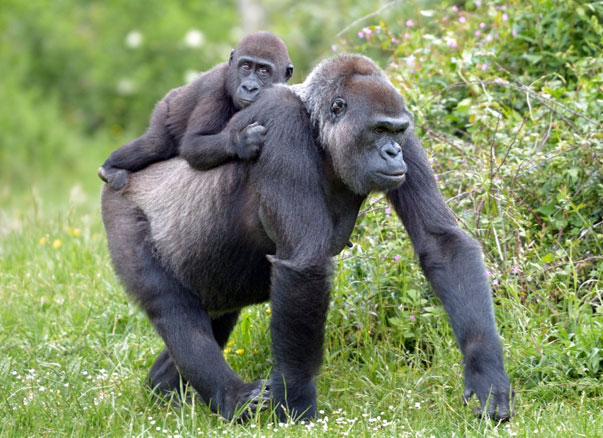
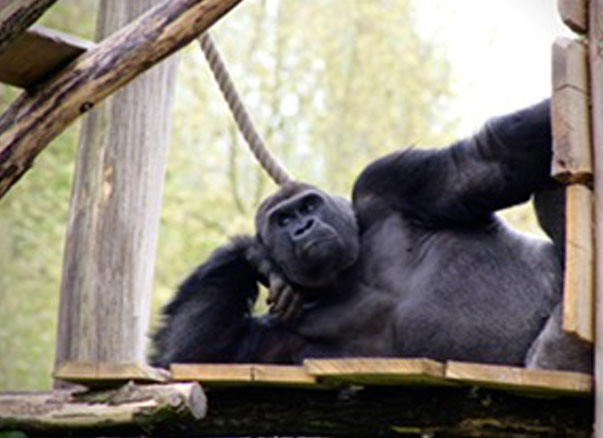
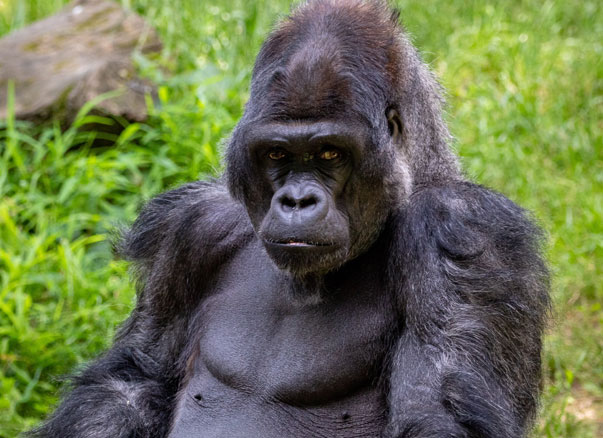
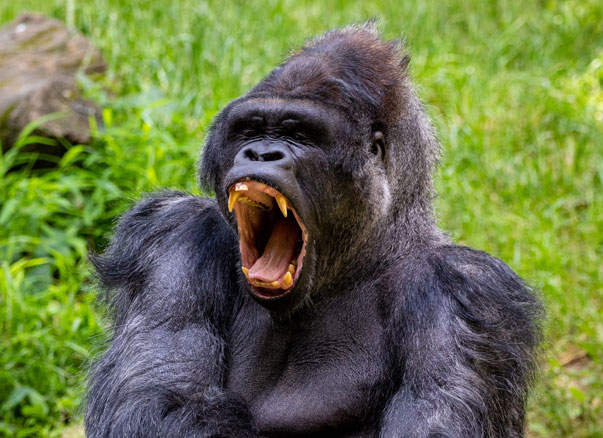
Gorilla Beringei
The eastern gorilla is a critically endangered species of the genus Gorilla and the largest living primate. Humans are pushing mountain gorillas out of the wild and into extinction. The biggest threats to this once critically endangered great ape’s survival come from political instability, human encroachment, and forest degradation.
There are thought to be around 316,000 western gorillas in the wild, and 5,000 eastern gorillas. Both species are classified as Critically Endangered by the IUCN; all subspecies are classified as Critically Endangered with the exception of the mountain gorilla, which is classified as Endangered.
The mountain gorilla has few natural predators, yet due to detrimental human activity, such as poaching, civil war, and habitat destruction, the subspecies of the eastern gorilla have become the most endangered type of gorilla.
How you can help:
• Visit the gorillas! Money earned through gorilla tourism contributes significantly to the conservation of the species – providing funds for conservation projects and creating jobs and bringing other benefits to local communities living near gorillas.
• We donate to conservation groups and make sure to help support our great ape conservation work. We work toward empowering the people of Rwanda, DRC and Uganda to jointly manage a network of transboundary protected areas that the mountain gorillas depend on.
Donation Suggestions:
• ($20) Helps BWARoc.org administrative work alongside conservation groups in Africa.
• ($75) – pays a month’s salary for an anti-poaching ranger.
• ($125) – provides fuel for 2 months for a project education officer to visit local schools and organize slide shows and drama groups to raise awareness of great apes.
• ($250) – buys a year’s supply of clothing and equipment for a ranger (e.g. waterproof clothing, sleeping bag, boots, rucksack).
• ($600) – pays for the cost of monitoring one gorilla group for a month.
• ($1,500) – pays for the training of a park guard and we will gift you (2) general tickets to the BWAROC.org value $600- $1,000.
• ($4,500) – pays for the demarcation of a new sanctuary. We will also gift you two Gold tickets to the BWAROC.org 2023 show. Value varies from $2,0000 to $3,000. 40 Tickets
• For more information contact: donation@bwaroc.org
You can also help by:
• Visiting gorillas. Money earned through gorilla tourism contributes significantly to the conservation of the species – providing funds for conservation projects and creating jobs and bringing other benefits to local communities living near gorillas.
• Buying sustainable wood. By purchasing FSC-certified forest products, consumers, retailers, traders, and manufacturers help protect great ape habitat by encouraging sustainable forestry and limiting illegal logging. Without the FSC label, your timber may well stem from illegal or controversial sources in central Africa.S
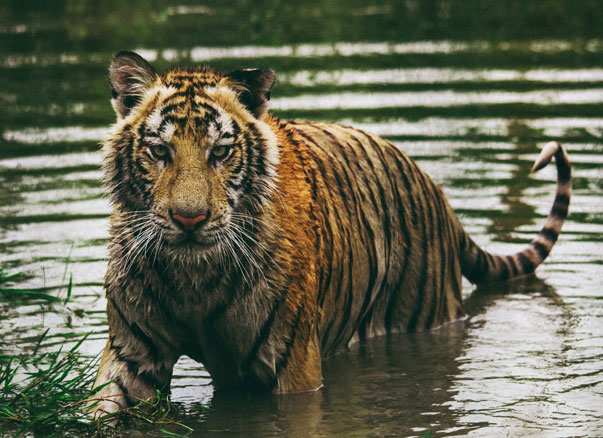
Sunda Tiger
In Southeast Asia, the population of tigers has been rated endangered, and numbers are declining dramatically.
The last of the Sunda Island tigers—estimated to be fewer than 400 today—are holding on for survival in the remaining patches of forest on the island of Sumatra. Accelerating deforestation and rampant poaching mean this noble creature could become extinct like its Javan and Balinese counterparts.
Sunda tigers are losing their habitat and prey fast, and poaching is an ever-present threat.
The increased population of herbivorous animals will consume and deplete the green vegetation much faster and destroy our natural eco-balance.
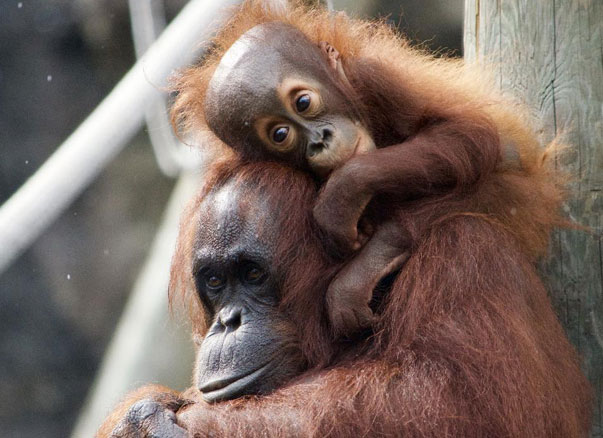
Orangutan
At one time, the world’s wild orangutan populations likely included upward of hundreds of thousands of individuals, but current estimates indicate far fewer wild orangutans now remain. During the past decade, orangutan populations have probably decreased by 50% in the wild. The IUNC has classified the Bornean Orangutan as Endangered and the Sumatran orangutan as Critically Endangered.
The destruction and degradation of the tropical rain forest, particularly lowland forest, in Borneo and Sumatra is the main reason orangutans are threatened with extinction. If orangutans were to disappear, so would several tree species, especially those with larger seeds. The tropical rainforests where Sumatran orangutans live are also home to other spectacular species including rare Sumatran tigers, Sumatran elephants, and Sumatran rhinoceroses.
Orangutan play a vital role in seed dispersal and in maintaining the health of the forest ecosystem, which is important for people and a host of other animals, including tigers, Asian elephants and Sumatran rhinos.
Save the Planet and Feed the World.
The BWAROC.org works with organizations that focus on conservationism and educating the world on how to help conserve our endangered species.
SAVE THE WORLD AND FEED THE WORLD BY 2040
Save vulnerable wildlife and save humanity
EQUALITY

Equality (Tolerance)
Promote absolute and effective equality between women and men, in all spheres of public and private life, across the globe. We bring opportunities and new teachings to underserved children which advance self-esteem, such as the BWA arts, music, and sports projects.
Sports, music and the arts bring people together from all over the world, regardless of their nationality, religion, culture, or skin color.
The influence of youth sports has the potential to save kids’ lives.
We support sports and art projects created for boys and girls ages 11-18 years and women of all ages.
Equal education and medical aid are our focus for the underserved, children, and Veterans.
BWAROC.org works towards helping women’s health, advocating globally for a healthy environment for all.
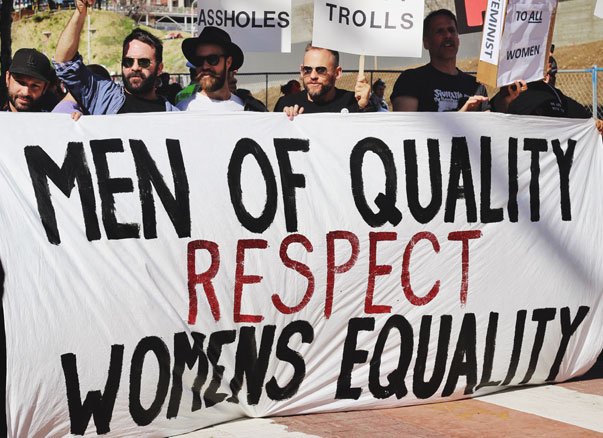
Gender equality and children’s rights are fundamental human rights.
BWAROC.org has created projects which will bring future jobs to the underserved. We support projects which bring medical aid and education to children, women, and veterans.
BWAROC.org seeks to help women and girls: achieve economic justice, experience their communities as safe places, value and have equal access to education and training, address gender discrimination in all forms to transform society.
To bring about a just society by supporting the empowerment of all women and children.
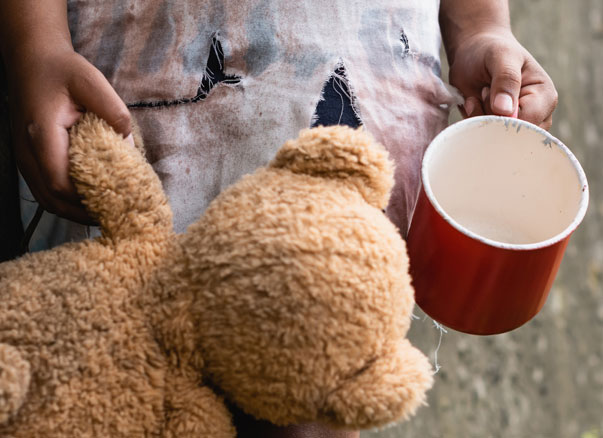
Gender equality and children’s rights are fundamental human rights.
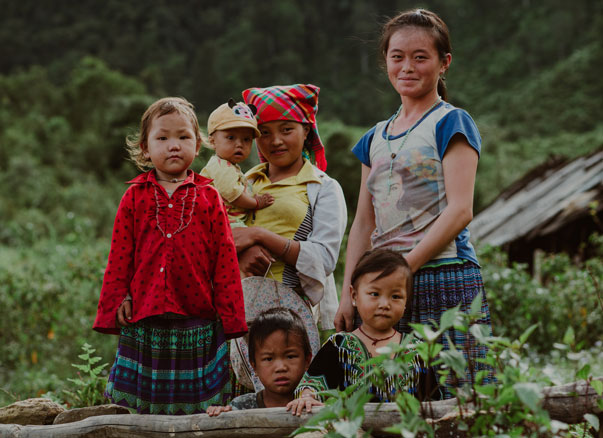
Supporting women and vulnerable children.
Our work concentrates on economic women empowerment, promoting women’s rights, advocating for sustainable development for women and children in underserved populations, and building partnerships such as offering volunteering and internship opportunities to support women and children.
We help fund low–income women, women of color, women with disabilities, older women, and girls who are working to create a society based on racial, social, and economic justice.
We support projects donating to basic needs to hundreds of families and individuals requesting our assistance. (food, clean water, medical aid, and equal education.
For more information contact: donation@bwaroc.org
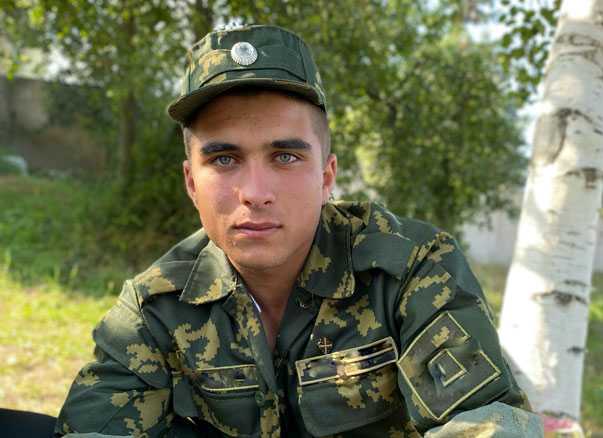
We support arts and sports training programs for economically disadvantaged young adults ages 18-25 and Veterans.
HUNGER
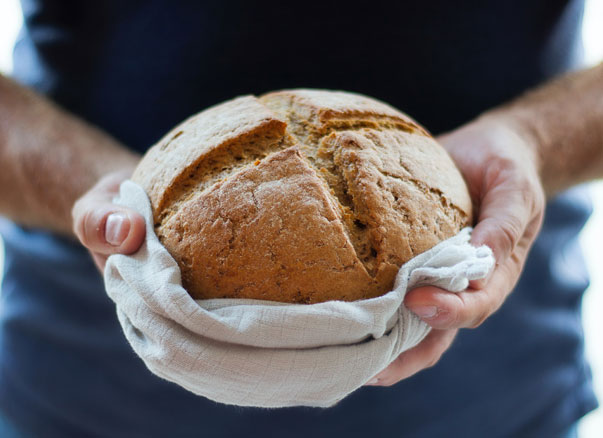
The mission of BWAROC.org is to feed the world by 2040 and make clean water available to all.
Our initial focus is to improve the health and well-being of men, women, and children living with serious illnesses by alleviating malnutrition. We are supporting projects that deliver nutritious meals to people who are unable to provide or prepare meals for themselves because of their condition. Our supporting project partners are announced on our projects page.
DISASTER RELIEF: Empowering people
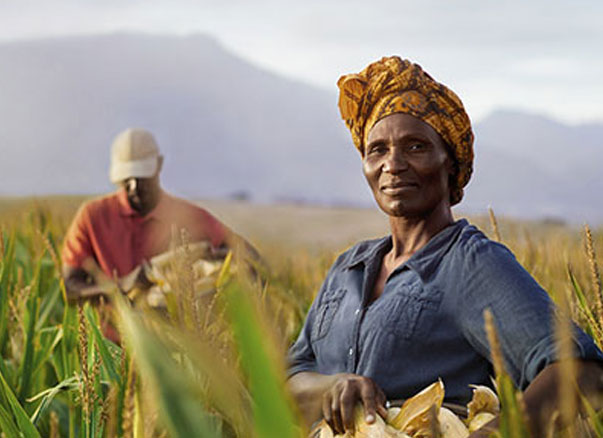
We help countries hit by disaster.
We believe in mobilizing our people, expertise, resources, and community to tackle some of society’s most pressing humanitarian challenges. Our focus is on harnessing connection and information to inspire civic engagement and support resiliency in areas affected by disasters and displacement.
World hunger is rising, affecting close to 10% percent of people globally. Water shortage is a global problem for populations and agriculture, with both major cities and remote areas vulnerable.
When a disaster happens, it poses a grave danger, especially in communities with struggling health systems. The outbreak hits vulnerable people hardest, driving families into hunger and poverty. With your help, we can expand our water, sanitation, hygiene, and health programs to save more lives.
Almost all of the money donated— 85 cents of every dollar—goes toward programs to help cure the global hunger problem.
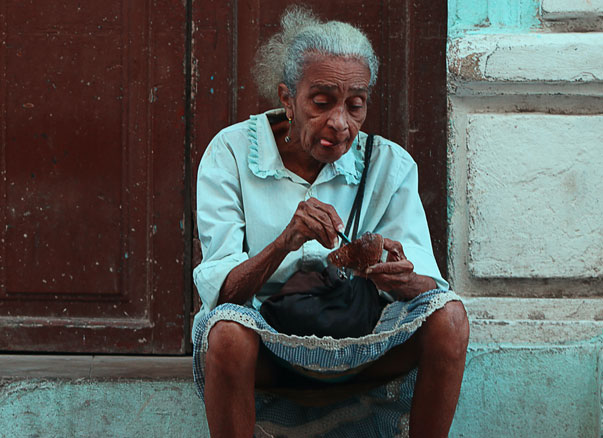
We help fund increased access to affordable, nutritious food in underserved populations struggling with food insecurity. The food bank’s initiatives focus on direct services, distribution, and disaster relief.
BWAROC.org finances organizations that take nutritious food from retailers, manufacturers, and farmers before it goes to waste and give it to people, for the elderly and children.
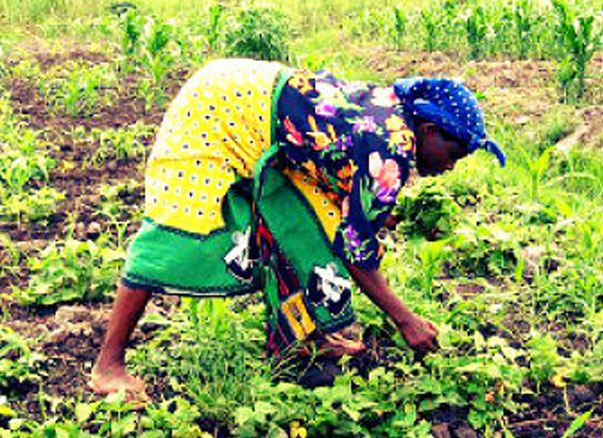
BWAROC.org finances other organizations and projects which save the lives of children and their families.
Disasters caused by extreme weather force “26 million people into poverty every year” and is responsible for $520 billion in consumption loss.
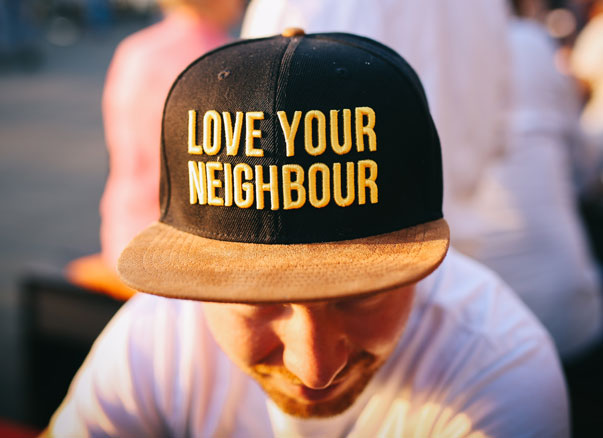
BWAROC.org creates assistance and centralizes aid with in-kind and financial support when a disaster hits. We produce immediate assistance by creating grassroots events called, Roc 4 Humanity that encourages communities to give. We help countries hit by disaster primarily through our EV its called, Roc 4 Humanity Aid (for the country or city with the devastation.)
SAVE THE WORLD AND FEED THE WORLD BY 2040
